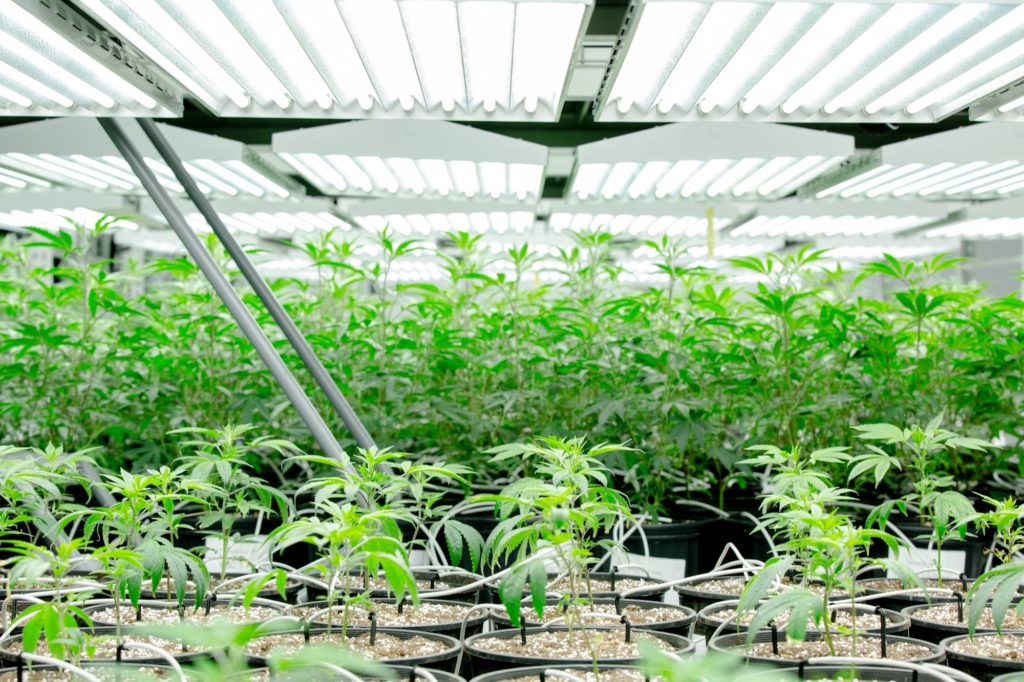A legislative committee gave final approval Tuesday to a regulatory change adjusting the allowable amount of mold and yeast in the medical marijuana supply.
Connecticut has two laboratories that test medical marijuana. The change, proposed by the Department of Consumer Protection and ratified by the Legislative Regulation Review Committee, means an increase in the total allowable amount of mold and yeast for cannabis tested at one lab and a decrease for the other.
The regulations now allow for no traceable levels of a particular breed of mold called Aspergillus, known to cause lung infections, and a total count of other yeast and mold of 100,000 colony-forming units per gram. Patients had advocated for a limit of 10,000 units per gram.
The state officially proposed the change at the end of last year, arguing that testing standards evolve after new research is published, but patients objected because of concerns about the product’s safety. The state initially changed the total limit at a request from one of the state’s labs and adjusted it after patient outcry so both labs would have the same levels.
State officials say the change is safe. Standards vary state by state — some have lower yeast and mold thresholds, but not all require testing for the Aspergillus mold.
Representatives from both of the state’s laboratories said they support the change, but Mike Esposito, a scientist at MCR Labs in Massachusetts, told the CT Mirror last month it could allow harmful materials to persist in the substance and cause lung damage to patients and employees who work with cannabis



